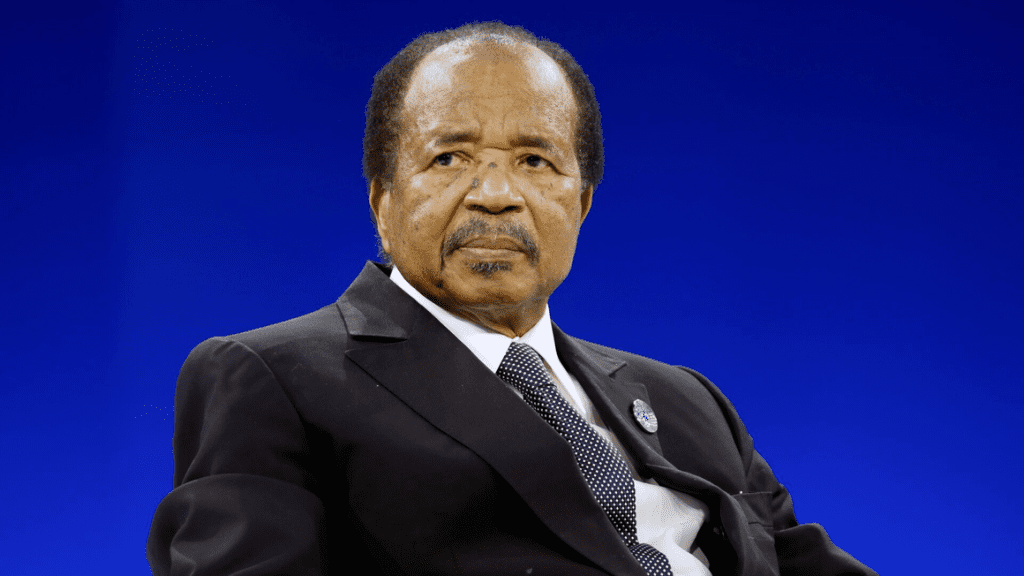Cameroon is currently facing severe floods, causing widespread damage and loss of life. While President Paul Biya remains on an extended trip abroad, officials are left to handle the unfolding crisis. According to the United Nations Office for the Coordination of Humanitarian Affairs (OCHA), 20 people have died, and 236,000 others have been displaced in the Far North region due to the heavy flooding.
The Far North region is part of a larger area in West and Central Africa that has been severely impacted by flooding in 2024, affecting 2.3 million people so far. Heavy rains since July have caused significant damage to infrastructure, homes, farmland, and essential services in regions such as Mayo Tsanaga, Mayo Danay, and Logone-and-Chari.
The most severe flooding was recorded on August 28, when water retention dikes broke in Mayo Danay, submerging the town of Yagoua and nearby villages. Several schools have been destroyed or are being used as shelters for displaced families, leaving students without classrooms just as the new school year started on September 9.
The agricultural and livestock-based economy of the Far North region has been severely hit. Floodwaters have washed away farmland and herds of livestock, which are the main sources of income and food for local communities. Authorities are trying to move students to functioning schools using heavy-duty trucks and canoes, which may lead to overcrowded classrooms.
This disaster adds to the hardships already faced by many people in the country. In the Anglophone regions of South West and North West Cameroon, schools have been closed due to ongoing conflicts between separatists and government forces. Armed groups have imposed lockdowns, preventing children from attending school for fear of attacks.
Meanwhile, President Biya has not returned to the country since leaving for a summit in Beijing on September 8. Although the 91-year-old leader has not commented publicly on the floods, Minister of Territorial Administration Paul Atanga Nji expressed Biya’s condolences to the families affected by the disaster. Atanga Nji announced the release of $594,000 (FCFA 350 million) in emergency aid, promising to provide beds, food, and medical supplies to the flood victims.
The minister also attributed the floods to climate change and warned that similar disasters may become more common across the region. Neighboring countries such as Chad and Nigeria have also been affected by heavy rains and flooding. In Chad, over 341 people have died, and more than 1.4 million have been displaced, while Nigeria has also recorded deaths and displacement in areas like Borno state.
Cameroon’s Far North region, already struggling with poverty, drought, and security challenges, is now facing even greater difficulties as a result of the floods. This humanitarian crisis has added to the ongoing challenges in one of the country’s most vulnerable regions.























